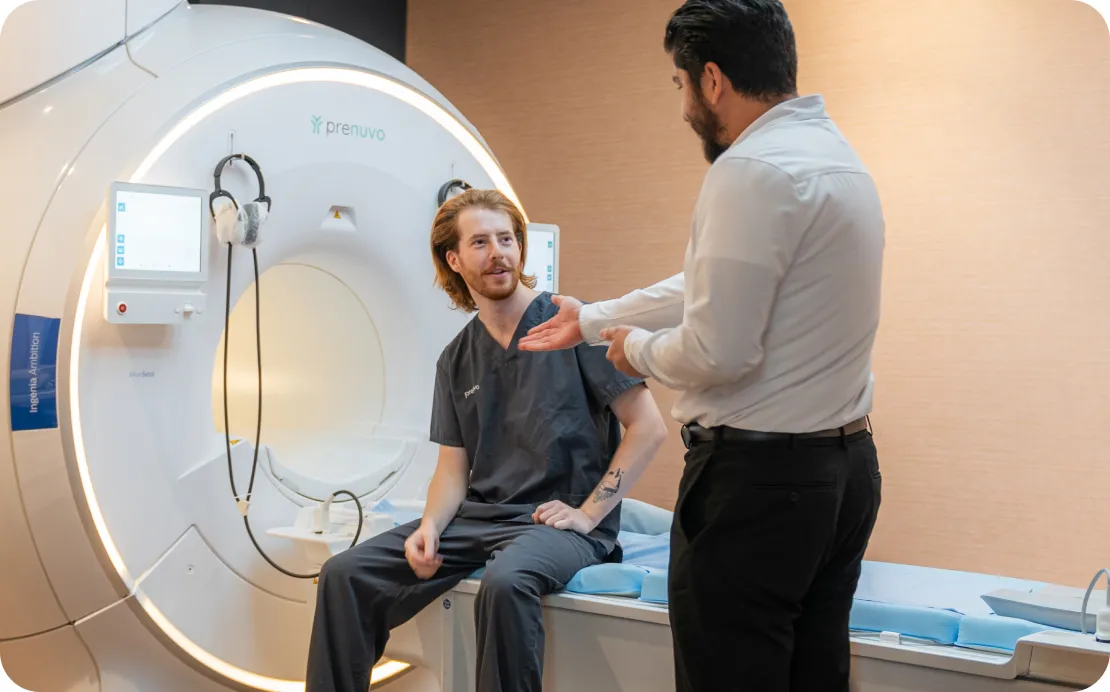
What You Should Know:
– Prenuvo, a leader in whole-body MRI for proactive health screening, today announced compelling results from its Polaris study. The real-world study of over 1,000 asymptomatic individuals found that whole-body MRI scans can detect critical conditions, including early-stage cancers, that are often missed by current standard screening guidelines.
– The findings have been peer-reviewed and accepted for presentation at the American Association for Cancer Research (AACR) Annual Meeting 2025.
Early Detection of Hidden Cancers: Key Polaris Study Findings
The Polaris study involved 1,011 asymptomatic adults who underwent preventive whole-body MRI scans. Significantly, 2.2% of these individuals were subsequently diagnosed with confirmed cancers. Many of these were types often missed by routine screening tests, such as kidney, bladder, and ovarian cancers, which are typically detected only after symptoms arise, making treatment less effective. The study highlighted that most cancers detected through this method were found at an early stage, when treatment is generally more effective.
“The Polaris findings are incredibly encouraging,” said Yosef Chodakiewitz, Medical Director of Primary Care Radiology at Prenuvo. “We’re detecting cancers that current protocols miss, and we’re doing it early when patients have the best chance at a positive outcome”.
Accuracy, Reassurance, and the Role of Complementary Screening
The Polaris study, conducted at a single clinic in Canada, also provided insights into the accuracy of whole-body MRI in a real-world clinical setting. The scans offered meaningful reassurance, with 99.8% of patients who had a clear scan remaining cancer-free for at least a year. In instances where biopsies were recommended based on MRI findings, approximately half of those cases were confirmed to be cancer or another mass requiring treatment, indicating that the technology is effective at identifying medically relevant conditions.
Prenuvo emphasizes that whole-body MRI is intended to complement, not replace, existing standard screening methods. For example, the study noted that the small number of cancers not detected—fewer than 0.2% of cases—were breast cancers. Prenuvo continues to recommend regular mammography for breast cancer screening.
“No single test is perfect, but when combined, whole-body MRI and traditional screenings can dramatically improve our ability to detect disease early,” Dr. Chodakiewitz continued.
Ongoing Research and Advancing Clinical Interpretation
The Polaris study is part of a larger ongoing effort. Prenuvo is currently one year into its Hercules study, a large observational trial following 100,000 individuals to better understand how whole-body MRI can improve early detection, long-term health outcomes, and access to care.
Researchers are also piloting new reporting systems to assist medical professionals in interpreting whole-body MRI results more clearly. These tools aim to identify findings that require immediate action versus those that warrant monitoring. Among these are ONCO-RADS (for assessing cancer risk) and a new Clinically Significant Diagnoses (CSD) system (for evaluating the clinical importance of other detected conditions). Follow-up research from the initial Polaris cohort is also underway to evaluate the findings across a broader and more diverse population.
